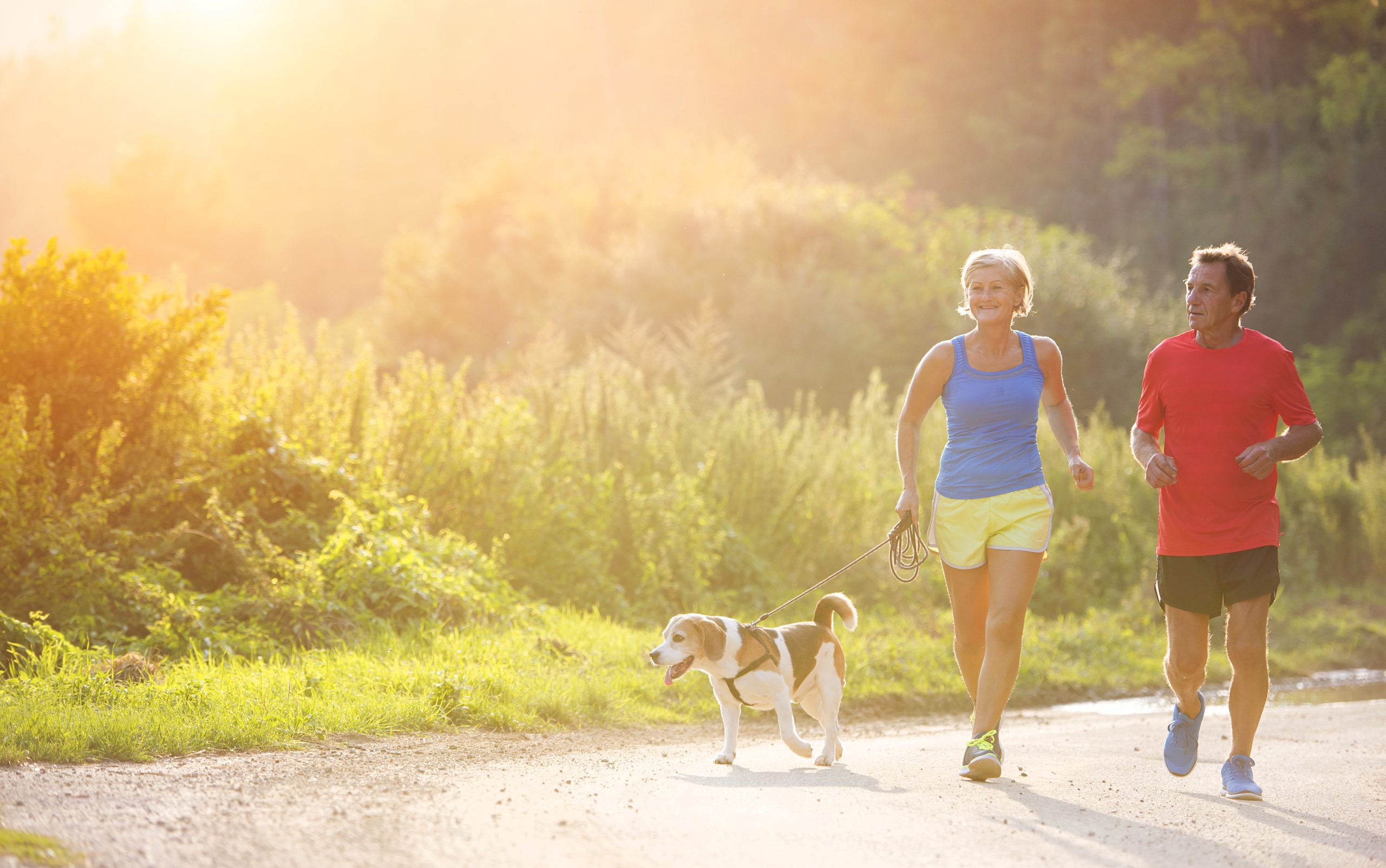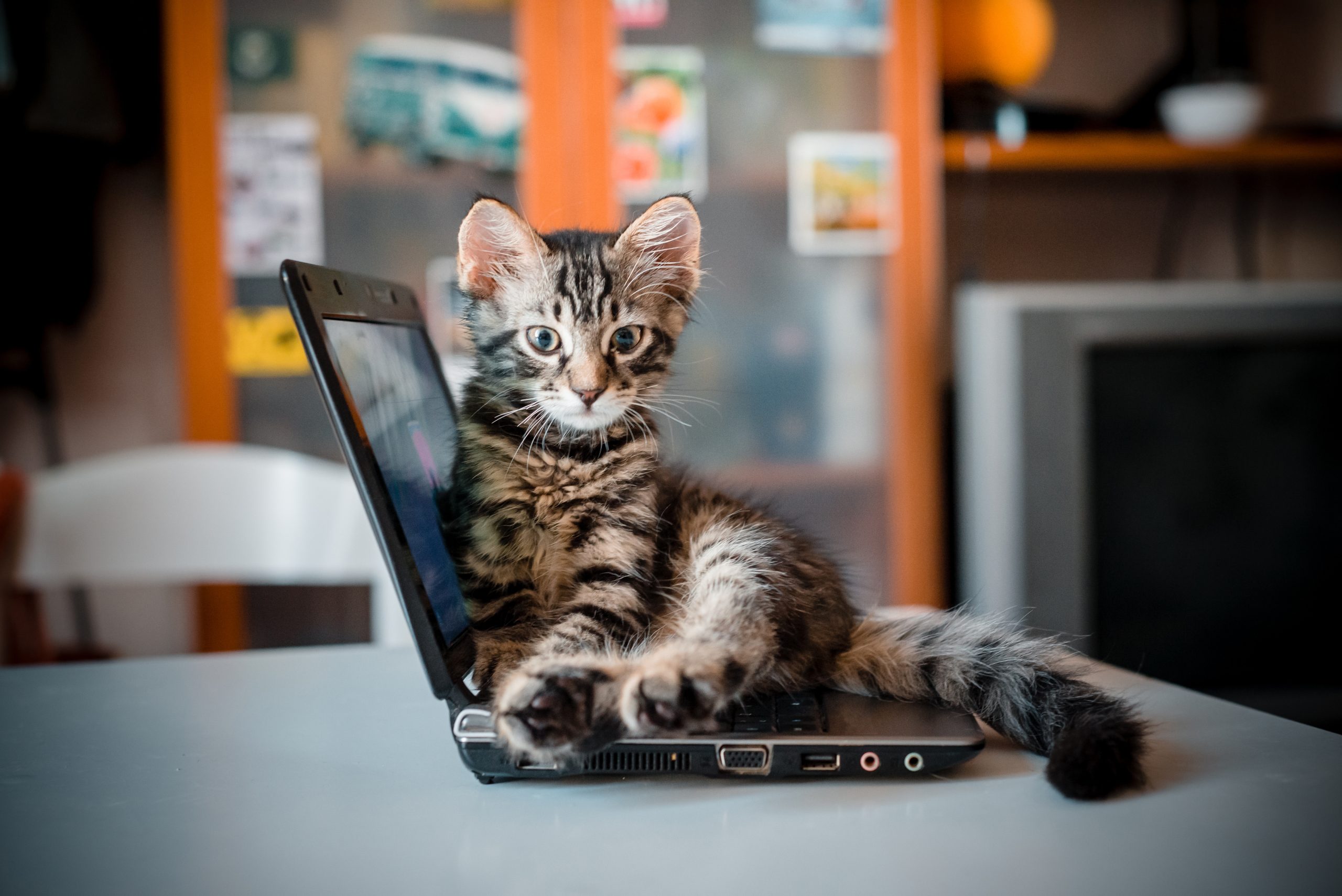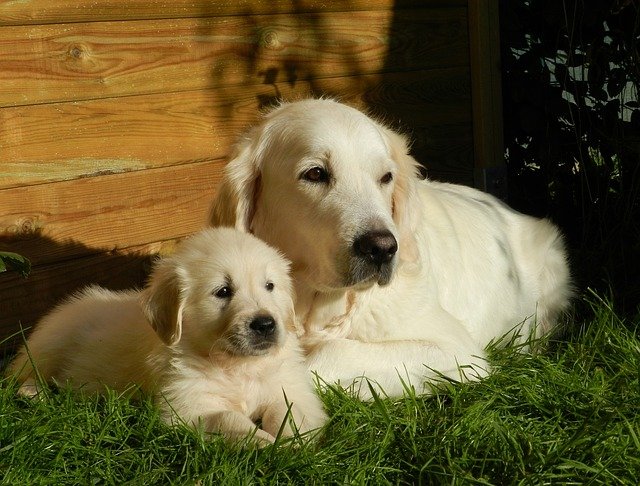Training your dog is an essential part of being a responsible pet owner. It not only helps you establish dominance and control over your pup but also ensures that they behave well in public settings, around other dogs or people, and at home. However, many new dog owners are often unsure about how frequently to train their pups for optimal results. Here’s some expert advice on effective training routines:

When to Start Training Your Puppy
The earlier you start training your puppy, the better. Ideally, you should begin as soon as possible after bringing them home. This will help them get used to following commands and rules from day one, making it easier to reinforce positive behavioral habits later on. That said, don’t push too hard or expect too much from your young pup – just focus on simple exercises like sit, stay, and come.
Potty Training Tips for New Dog Owners
Potty training can be challenging, especially if you have a busy schedule or live in an urban area with limited outdoor space. But there are several strategies you can use to make things easier:
Take your pup outside regularly throughout the day, even if they haven’t indicated that they need to go.
Use a consistent word or phrase (like “potty” or “go pee”) to signal when it’s time to relieve themselves.
Reward good behavior with treats or praise, but avoid scolding or punishing accidents.
Consider using a potty training pad or crate until your pup has mastered the basics.
The Best Obedience Training Methods for Dogs
There are several obedience training methods you can try depending on your pup’s temperament and learning style:
Positive Reinforcement: This method involves rewarding good behavior with treats, toys, or verbal praise.
Negative Reinforcement: This approach uses negative stimuli (such as a loud noise) to discourage bad behaviors.
Clicker Training: This technique relies on using a clicker sound to mark desired behaviors and reward them immediately with food or playtime.
Leash Training: This method involves walking your pup on a leash while giving clear commands and corrections as needed.
How Many Days Per Week Should You Train Your Dog
Ideally, you should aim for daily training sessions that last between 10-20 minutes each. Shorter sessions are more manageable for both you and your pup, and consistency is key to building strong habits. However, if life gets in the way and you can only train once or twice per week, that’s still better than nothing. Just be sure to keep up the momentum by practicing what you’ve learned during those days off.
What is the Best Way to Teach a Puppy Good Behavior
Teaching your pup good behavior starts with setting clear boundaries and expectations. Some tips include:
Establishing a routine: Consistency is crucial when it comes to teaching your pup good behavior. Set regular feeding times, walk schedules, and play periods to create structure and stability.

Using positive reinforcement: As mentioned above, this method works best by rewarding desirable behaviors with treats, toys, or affection. Avoid scolding or physically correcting your pup unless absolutely necessary.
Being patient: Remember that your pup is still learning and may take some time to grasp certain concepts. Don’t rush them or force them into situations before they’re ready.
Effective Ways of Reinforcing Positive Dog Training Habits
Reinforcing positive dog training habits requires persistence and consistency. Here are some ways to do so effectively:
Provide plenty of exercise: Regular physical activity helps reduce stress and anxiety in dogs, which can lead to unwanted behaviors.
Practice obedience drills regularly: Even basic commands like sit, stay, and come can become stale without frequent practice. Mix up your routine to keep your pup engaged and motivated.
Socialize your pup: Meeting new people and animals can help build confidence and reduce fear or aggression issues down the line. Attend local events or join a social group for dogs and their owners.
To wrap up, training your dog is an important aspect of responsible pet ownership. By starting early, utilizing positive reinforcement techniques, and maintaining consistency, you can ensure that your pup grows up to be a well-behaved member of your family and community.
Frequently Asked Questions
What is When to Start Training Your Puppy and how does it work?
At its core, When to Start Training Your Puppy refers to the process or practice of When to Start Training Your Puppy in a defined context. In a simple project you might allocate 5–10 hours to learn and experiment with basic techniques. For example, someone starting out could focus on one key activity and measure how it improves their results. Understanding these mechanics helps you plan budgets, pick tools, and set realistic expectations.
How do you get started with When to Start Training Your Puppy?
- Research at least two reputable sources to learn the fundamentals of When to Start Training Your Puppy.
- Gather essential materials and set a small budget (for example, $50) for supplies.
- Create a step-by-step plan and dedicate 30 minutes each day to practice.
- Track your progress in a journal or spreadsheet and adjust based on what you learn.
What tools or supplies do you need for When to Start Training Your Puppy?
Most projects involving When to Start Training Your Puppy require a handful of basic tools. A beginner should obtain at least three of the following: a measuring tape or ruler, a reliable container or workspace, and a notepad or digital app for tracking data. Depending on your focus, you might also need a timer or specific handheld tools like a trowel or screwdriver. Starting with these essentials keeps costs manageable and lets you focus on technique.
